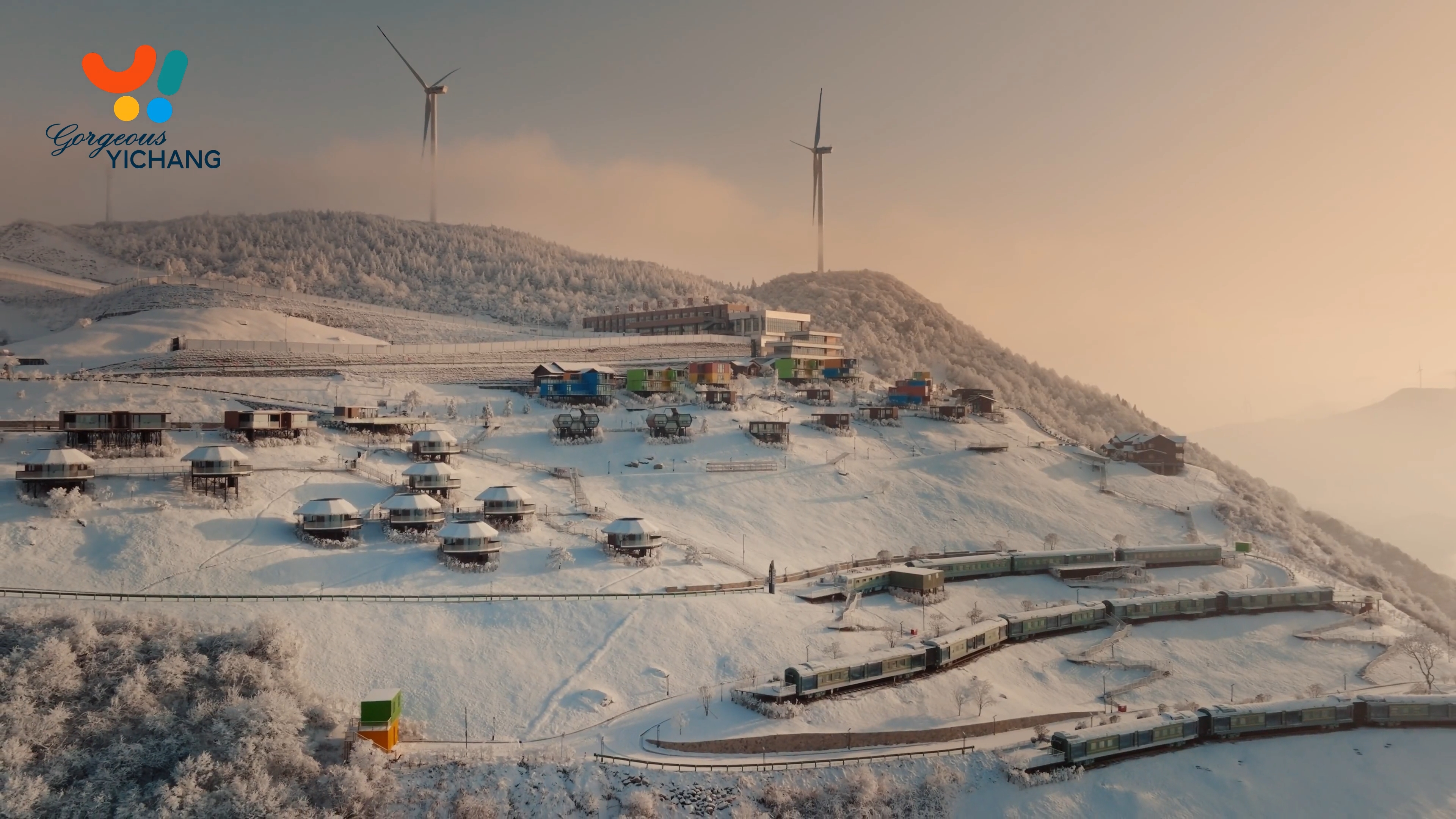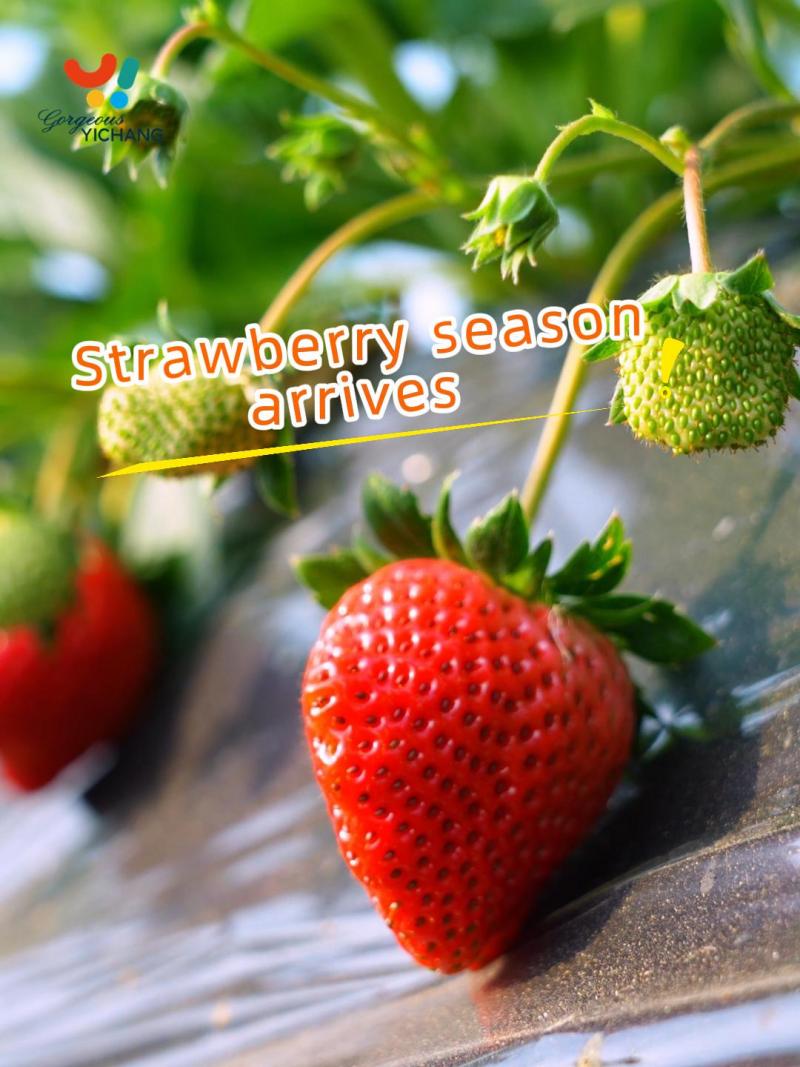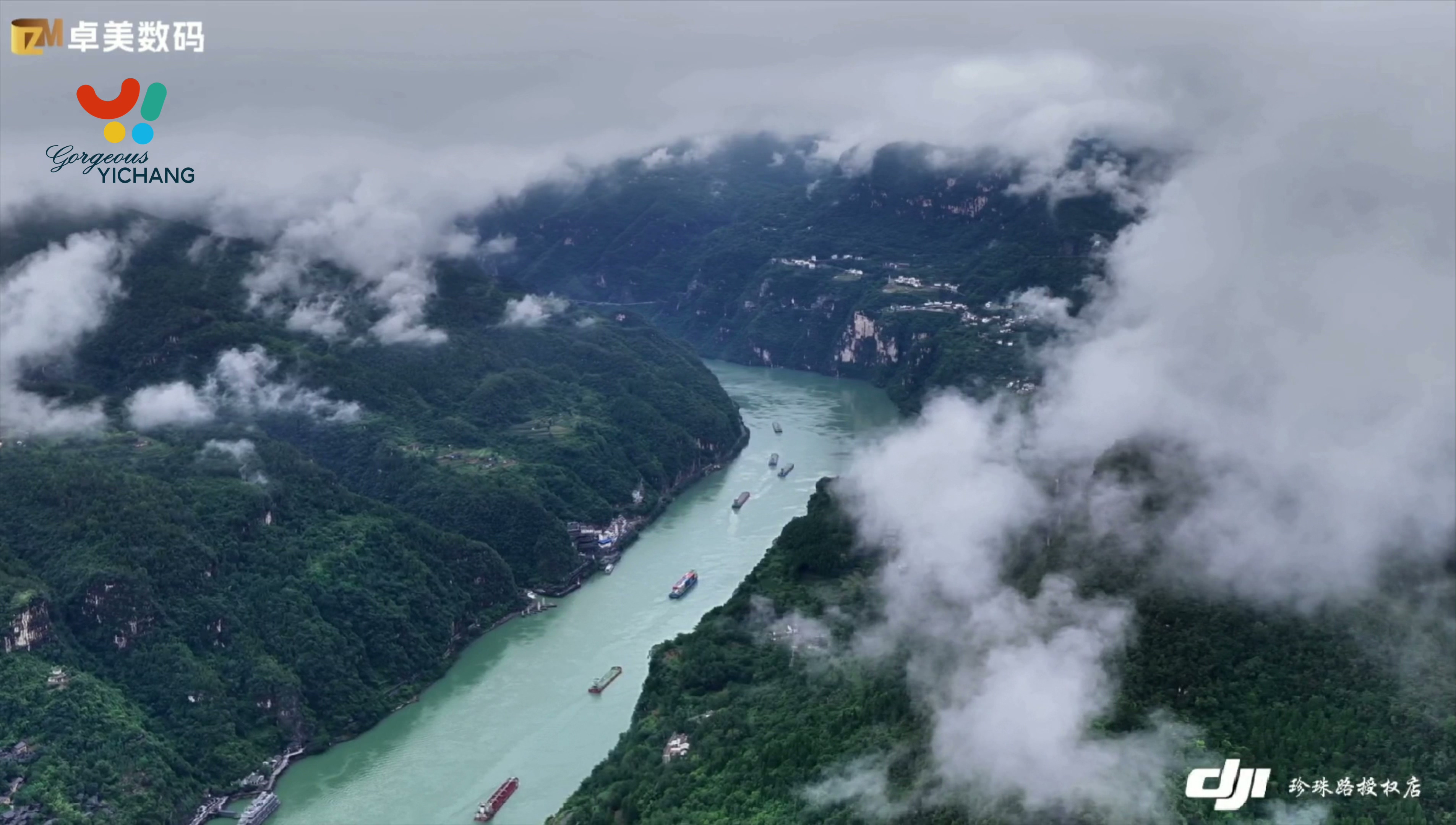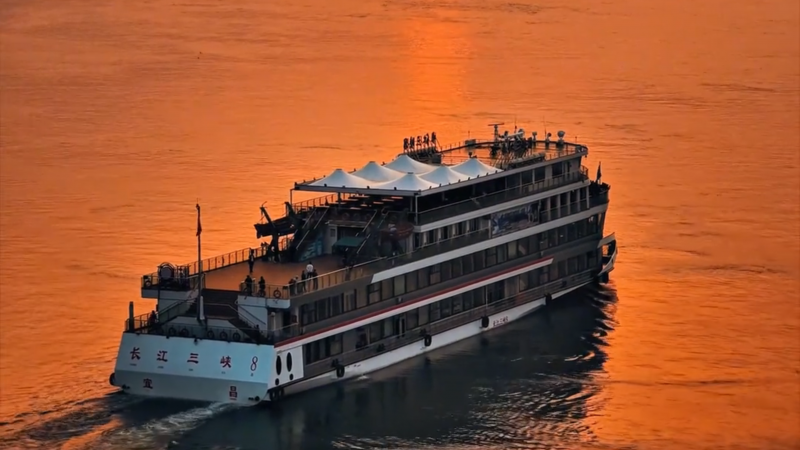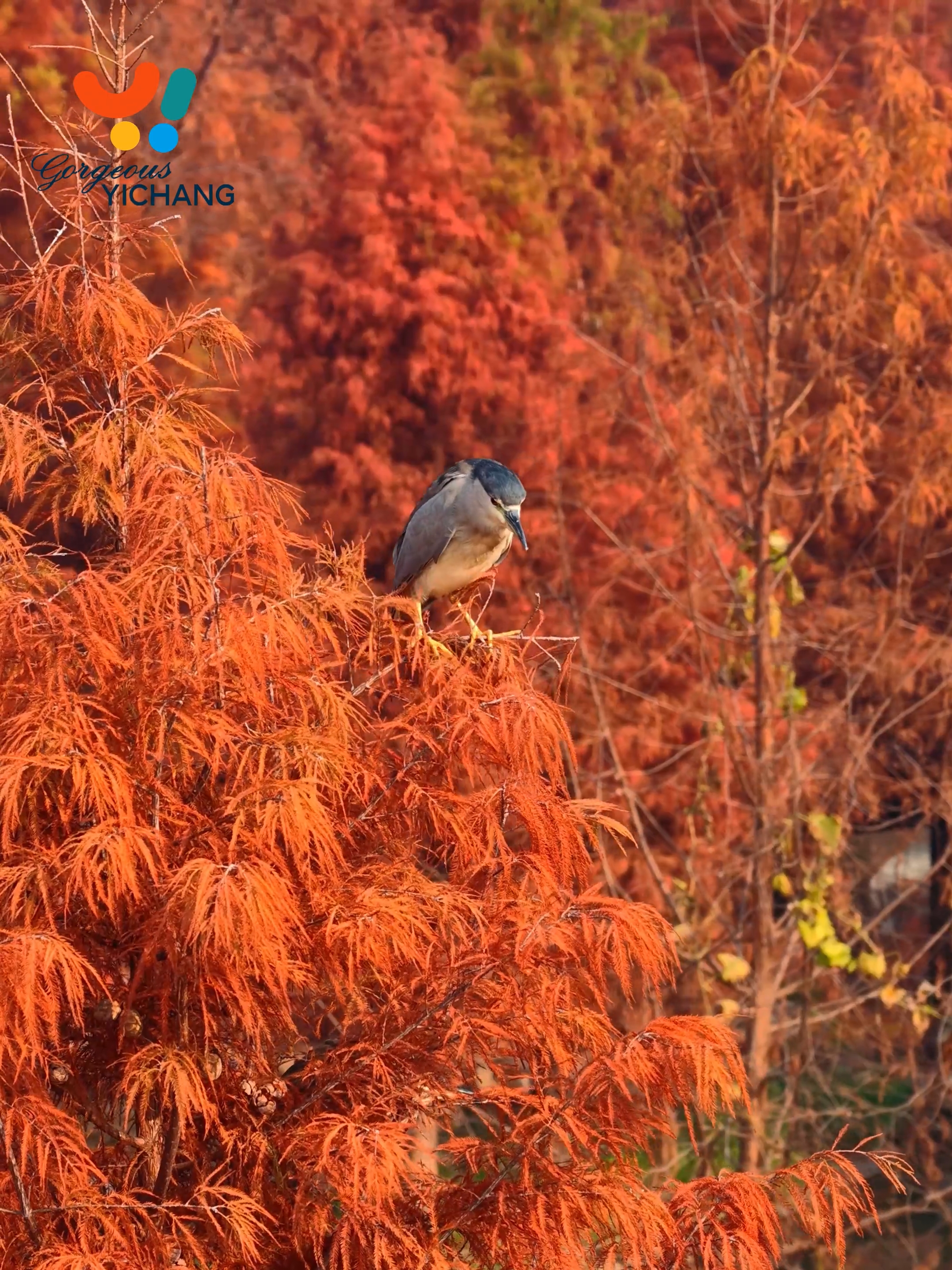Rare plant's "space seedling" takes root in Three Gorges area
2022-11-19 21:11:51
By Yan Wanqin
A rare plant's seedlings that have "toured the space" were recently transplanted into soil pots, marking a significant step in scientists' efforts to protect this unique plant of Three Gorges area.
This batch of plantago fengdouensis's seedlings have grown from some seeds that have traveled aboard the Shenzhou-13 manned spaceship for 183 days in 2021. They were planted at the Yangtze River Rare Plant Breeding Base of the Yangtze River Biodiversity Research Center, using a nutrition formulation similar to the soil of their native land - the Three Gorges area.
Space Breeding also called Space Mutation Breeding, is a technology of breeding that could induce a genetic variation of seeds to breed new varieties by sending the seeds to space. The seeds returned from space need to be cultivated and tested for several years before they can be "upgraded" to real "space seeds".
This summer, researchers selected some "space traveling seeds" to cultivate seedlings, because to plantago fengdouensis will have a better chance to grow if they are transplanted moved into soil as seedlings, not seeds directly.
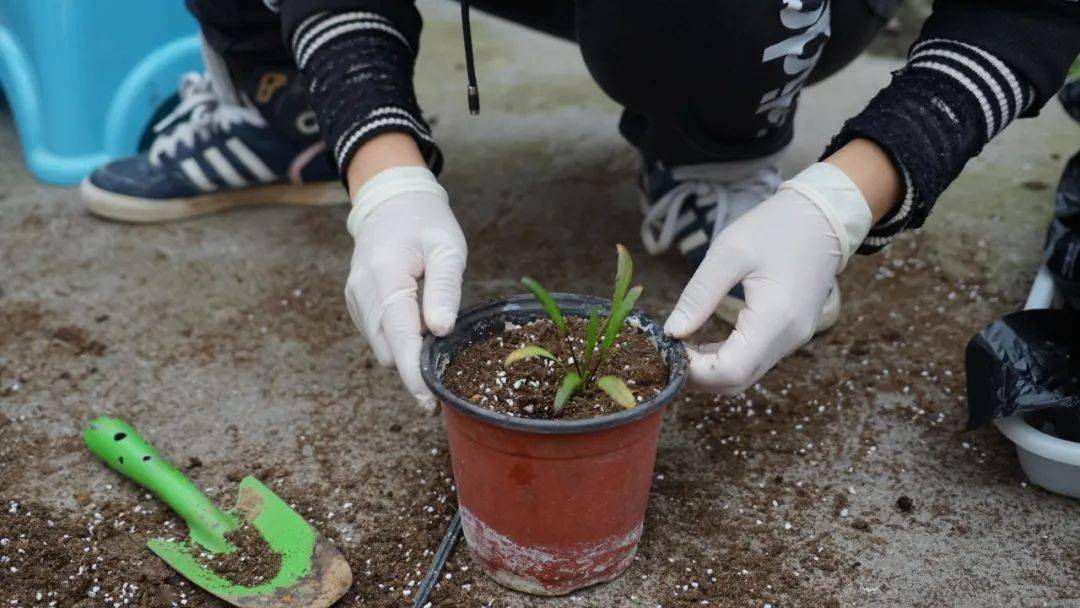
A researcher transplants a plantago fengdouensis into a pot. Photo by Huang Xin.
As a rare species of the Three Gorges Reservoir area, plantago fengdouensis is an amphibious plant with a highly limited distribution and is under the second-class national protection. It was named because it was first discovered in Fengdu County, Chongqing Municipality. It lies dormant in spring and summer and multiplies in autumn and winter. Now is its growing season.
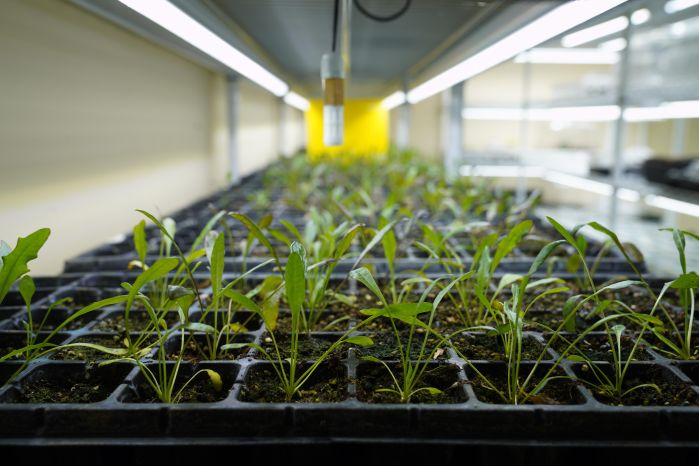
Growing Plantago fengdouensis. Photo by Chen Xuan.
"Plantago fengdouensis is a valuable research material to study the evolutionary and ecological potential of plants," Huang Guiyun, director of the Yangtze River Biodiversity Research Center. "Next, we will observe and record the growth of these 'space travelers' and their offspring, strive to cultivate real 'space seeds', and explore new methods for the protection of endemic and rare plants in the Three Gorges Reservoir area and the ecological restoration of the reservoir area."
A rare plant's seedlings that have "toured the space" were recently transplanted into soil pots, marking a significant step in scientists' efforts to protect this unique plant of Three Gorges area.
This batch of plantago fengdouensis's seedlings have grown from some seeds that have traveled aboard the Shenzhou-13 manned spaceship for 183 days in 2021. They were planted at the Yangtze River Rare Plant Breeding Base of the Yangtze River Biodiversity Research Center, using a nutrition formulation similar to the soil of their native land - the Three Gorges area.
Space Breeding also called Space Mutation Breeding, is a technology of breeding that could induce a genetic variation of seeds to breed new varieties by sending the seeds to space. The seeds returned from space need to be cultivated and tested for several years before they can be "upgraded" to real "space seeds".
This summer, researchers selected some "space traveling seeds" to cultivate seedlings, because to plantago fengdouensis will have a better chance to grow if they are transplanted moved into soil as seedlings, not seeds directly.

A researcher transplants a plantago fengdouensis into a pot. Photo by Huang Xin.
As a rare species of the Three Gorges Reservoir area, plantago fengdouensis is an amphibious plant with a highly limited distribution and is under the second-class national protection. It was named because it was first discovered in Fengdu County, Chongqing Municipality. It lies dormant in spring and summer and multiplies in autumn and winter. Now is its growing season.

Growing Plantago fengdouensis. Photo by Chen Xuan.
"Plantago fengdouensis is a valuable research material to study the evolutionary and ecological potential of plants," Huang Guiyun, director of the Yangtze River Biodiversity Research Center. "Next, we will observe and record the growth of these 'space travelers' and their offspring, strive to cultivate real 'space seeds', and explore new methods for the protection of endemic and rare plants in the Three Gorges Reservoir area and the ecological restoration of the reservoir area."

